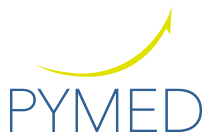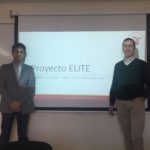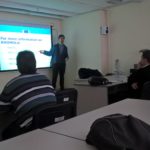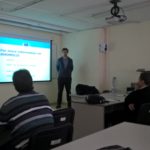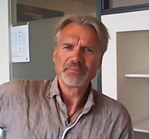 Within the series of Research Seminars organized by the PYMED Research Group, it is a great pride to receive Professor Marco van Gelderen, from Vrije Universiteit Amsterdam (Netherlands).
Within the series of Research Seminars organized by the PYMED Research Group, it is a great pride to receive Professor Marco van Gelderen, from Vrije Universiteit Amsterdam (Netherlands).
The seminar will focus on the topic: «Using a comfort zone model and daily life situations to develop enterprising competencies»
It will be held next Wednesday, February 2 at 12:30 p.m. at the Joaquín Guzmán Seminar of the Department of Applied Economics I (3rd floor of the Faculty of Economics and Business Studies), and will be taught in English. The seminar will be face-to-face, although with simultaneous virtual retransmission.
Prof. van Gelderen will spend several days at the University of Seville doing a short research stay in the PYMED group. Prof. van Gelderen would be very glad to hold meetings with researchers and doctoral students from the center to find out details of your lines of research, adn to see if he can be of any assistance. Any interested researcher can contact Prof. van Gelderen directly or through the group email: pymed@us.es . More information about Prof. van Gelderen here: https://research.vu.nl/en/persons/marco-van-gelderen
Abstract
This presentation reports on an experiential education program for university students aimed at the development of enterprising behaviour in daily life: individual level soft skills conducive to entrepreneurship, yet studied and practiced in non-business settings. In a nutshell, participants receive a set of eight to ten different challenges, which are not revealed until the exercise starts, which they work on for one or two days full time. Each challenge allows participants to practice the competencies of generating ideas for opportunities, taking action, perseverance, networking and network utilization, teamwork, and convincing others. The format is based on a comfort zone model. This paper reports on a qualitative analysis of the experiences of 202 participating students in 21 courses in 5 countries, reported in individual reflections, to to provide evidence for the types of learning which result. Key to learning is the element of surprise. Adaptation of current beliefs occurs when participants leave their comfort zone and have experiences that surprise them, leading to novel realisations.
